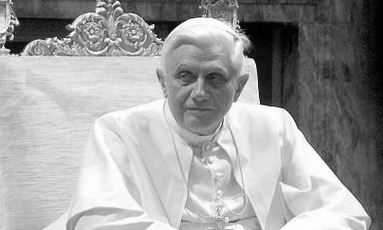Pope Benedict XVI, the leader of the Roman Catholic Church, announced Monday that he would be resigning from the papacy on Feb. 28, sending shock-waves across both the religious and secular worlds.
The pope said the reason for his resignation had to do with his age.
“In order to govern the bark of Saint Peter and proclaim the Gospel, both strength of mind and body are necessary, strength which in the last few months, has deteriorated in me to the extent that I have had to recognize my incapacity to adequately fulfill the ministry entrusted to me.”
It is only the second time a pope has resigned from the papacy. Pope Gregory XII resigned in 1415 amid political turmoil in the church.
“What Pope Benedict XVI announced today is truly noble and manifests his realistic love of the Church as well as a profound awareness of the Church’s needs at this pivotal time in history,” Rev. Donald J. Harrington C.M., President of the University said in a statement. “Our prayers are with Pope Benedict and with the Church he loves.”
Graduate student Claudia Goncalves, who has attended the international gathering of Catholics known as World Youth Day twice, said although she is shocked, the resignation could be a lesson to future successors.
“We’re so used seeing popes see it to the end,” she said. “I believe he’s doing it for the right reasons and actually setting an example for future popes.”
Senior Teresa Abulafia agreed that advanced age in one’s job, even for a position as grand as the pope, is sufficient reason to leave.
“I was surprised but its understandable from his point of view,” she said. “If you’re dying in your job then it’s right to quit.”
Both Goncalves and Abulafia both said they would like to see Cardinal Timothy Dolan, archbishop of the New York Diocese, become the new pope after the traditional papal conclave, the ultra secret election process that is used to select the new pope.
For more on Cardinal Timothy Dolan click here.










